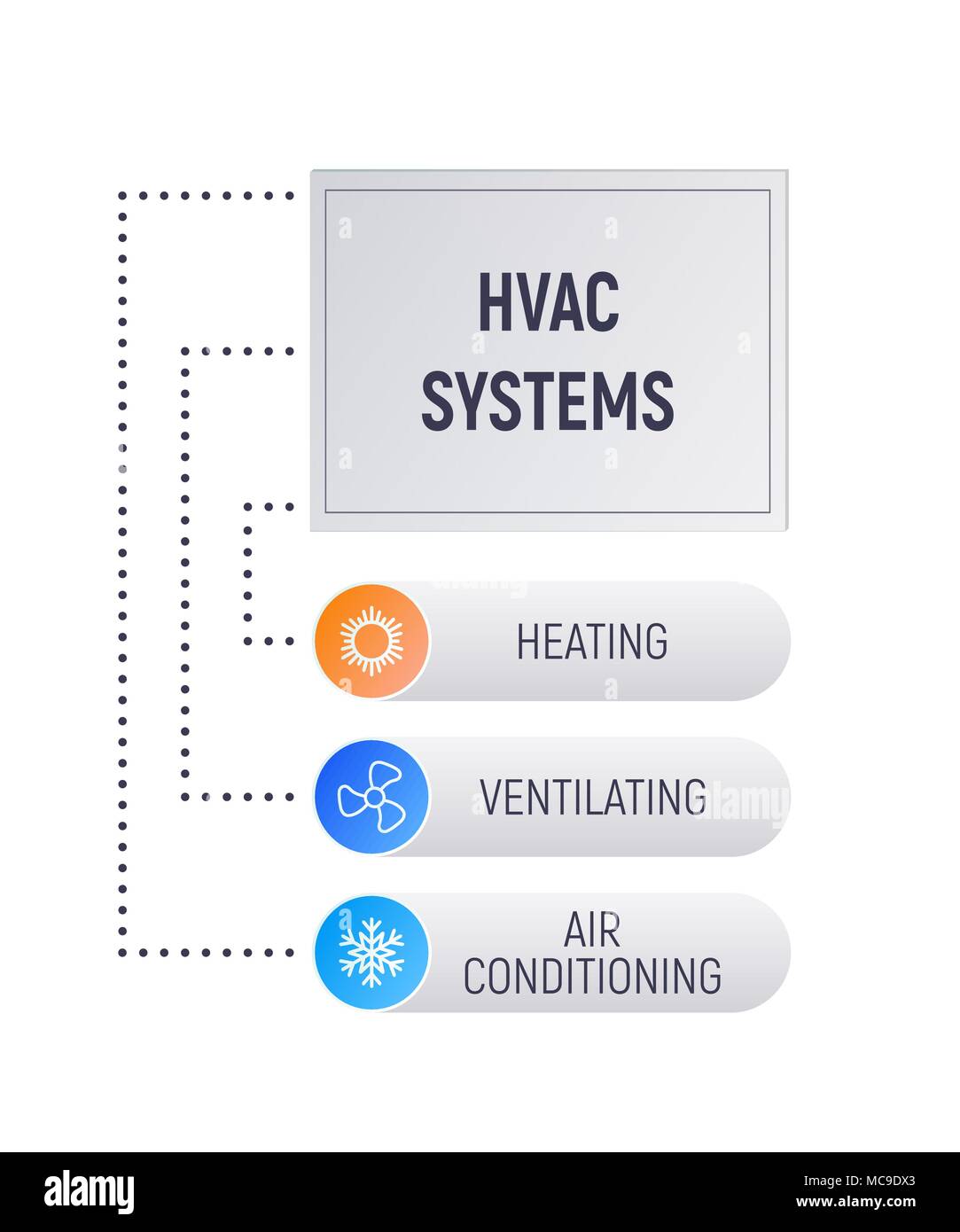Heat Pump Vs Heater - Which Is The Better Home Heating Option For Your Home?
Heat Pump Vs Heater - Which Is The Better Home Heating Option For Your Home?
Blog Article
Write-Up Created By-McLamb Rose
Several homeowners know with furnaces, which heat homes with oil or natural gas and press hot air with ductwork. They are relatively affordable and can supply dependable heating also throughout a winter season power outage.
Nevertheless, they use nonrenewable fuel sources and create carbon monoxide gas and various other air contamination. They likewise aren't as energy-efficient as a high-efficiency heatpump.
Price
Typically, heat pumps are a lot more economical to run than heating systems. They usually utilize electricity and refrigerant to remove warm from exterior air, and then transfer it into your home. ducted heat pumps christchurch can benefit from less expensive electricity rates during off-peak hours to even more decrease your home heating expenses.
Unlike https://www.cnet.com/home/energy-and-utilities/how-to-lower-your-air-conditioning-bill-while-youre-away-on-vacation/ , gas or wood-burning heaters utilize combustion to create warm, discharging flue gases right into the atmosphere that can be dangerous to your health and wellness. These furnaces are additionally much less energy-efficient than heat pumps, and their greater operating costs can build up gradually.
Heating systems are extra complex than heatpump and require normal upkeep to guarantee the correct feature of all components. In spite of this, they tend to last longer than heatpump with a common lifespan of 20 years or more. However, you'll need to factor in the expense of gas, fuel oil or timber and the additional equipment needed for installation and operation such as air ducts and air flow systems.
Power Performance
Heat pumps have a higher power performance ranking than heaters. These systems use electricity to feed on heat from the air, also in freezing temperatures. They can also get rid of excess warmth from the home during warmer months and recycle it to cool the system. Provider professionals can assist you determine the very best model for your home on environment and source power prices.
Heating systems melt fuel oil, lp, natural gas or various other types of fossil fuel to warm the air in the home. This air is then dispersed through ductwork utilizing a large fan. Heating systems create greenhouse gases and need routine upkeep and devices upgrades to ensure risk-free operation.
The most significant benefit of a heating system is that it can be operated even in severe winter problems because it does not rely upon exterior temperature levels to warm the air. Heating systems likewise have a longer life expectancy than heatpump and normally last 15 years. They can additionally be paired with twin gas choices, which select the most reliable home heating alternative based upon the weather.
Climate
Heat pumps function well in moderate environments and utilize less source power than furnaces. Nonetheless, if your area is remarkably cool, you may require to buy a typical gas heating system rather.
Heating systems offer warm, comfortable heat and generally use rapid home heating to elevate indoor temperatures. These systems can be utilized with a variety of fuel kinds, including gas, lp, oil or electrical power.
They consume a lot more energy than heat pumps-- as much as 3x as much-- and call for ductwork that's expensive to mount or retrofit. why not try these out to preserve, as they can cause air top quality concerns and create greenhouse gas exhausts.
If you're committed to decreasing your carbon impact, a heat pump is an excellent option for your home. wall mounted heat pump have less greenhouse gas exhausts than heating systems, particularly if you pick an ENERGY STAR ® heat pump. Your local copyright specialist can discuss the differences in between these two heater and help you make the best decision for your distinct requirements.
Individual Preferences
Heating systems can be extremely power efficient when powered by gas, gas or oil, yet they aren't as energy efficient as heatpump in frigid climates. They can also be more expensive to mount, needing gas lines and ventilation systems.
Nonetheless, heating systems tend to require less upkeep, which can cause lower recurring expenses. They create less greenhouse gases and are more reliable than heat pumps throughout severe weather condition.
Electric heatpump are much more flexible in producing indoor comfort because they can additionally function as air conditioning unit during warmer months. They can be more convenient to maintain, requiring just normal air filter changes and occasional vacuuming.
If you like the convenience of a solitary system that does it all, consider a hybrid home heating service that sets a furnace with an electric heatpump. These systems can instantly change between the two heating choices based upon your home's needs and temperature conditions, maximizing performance and financial savings.